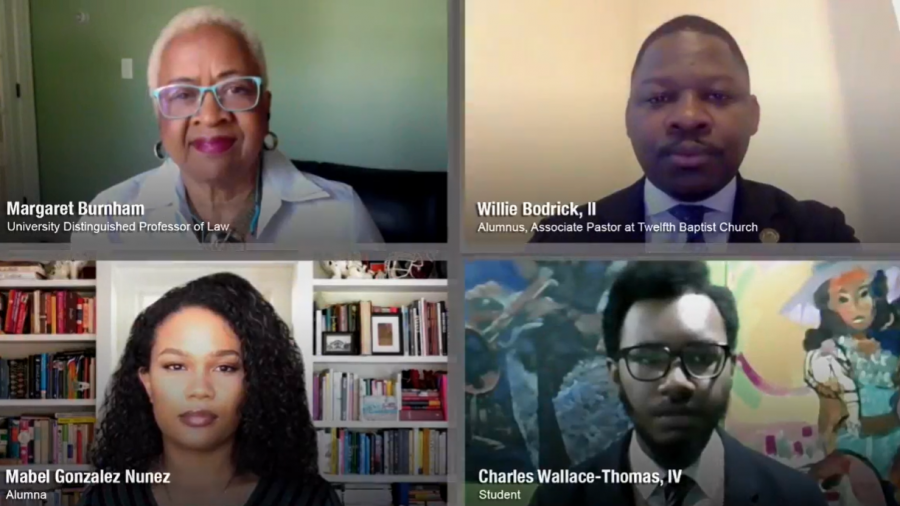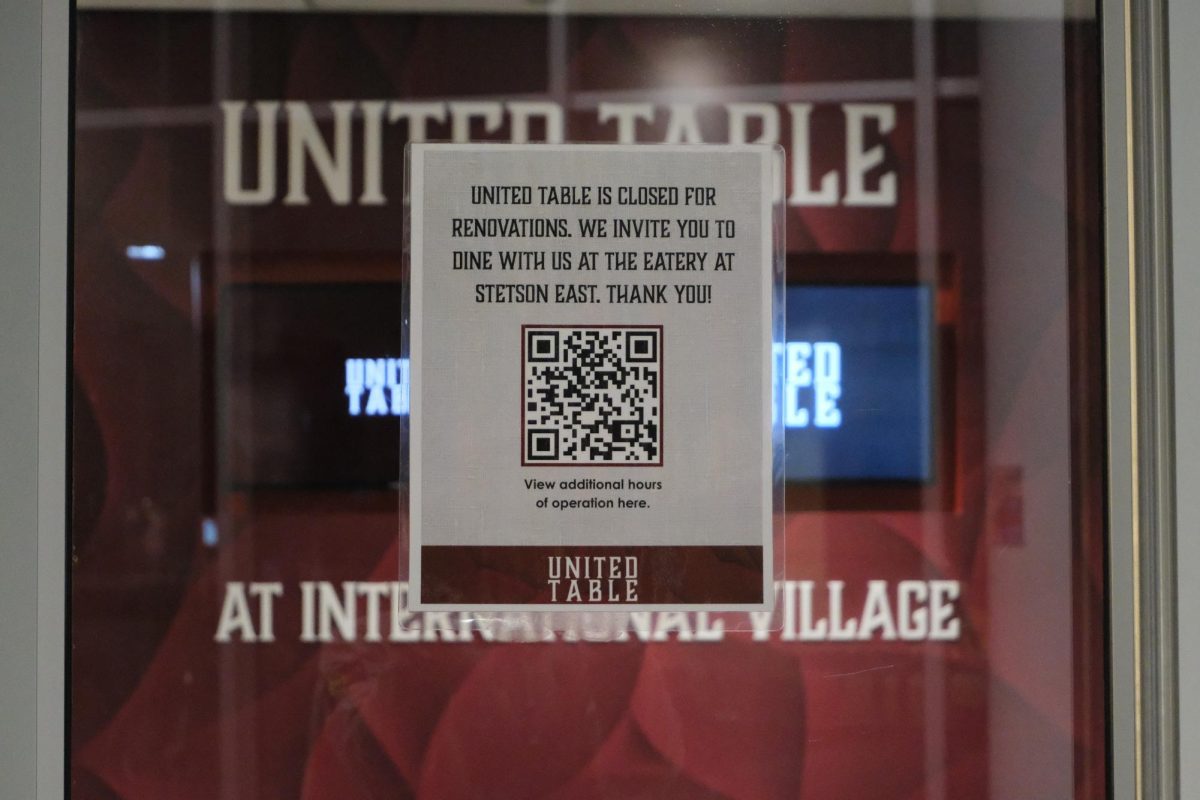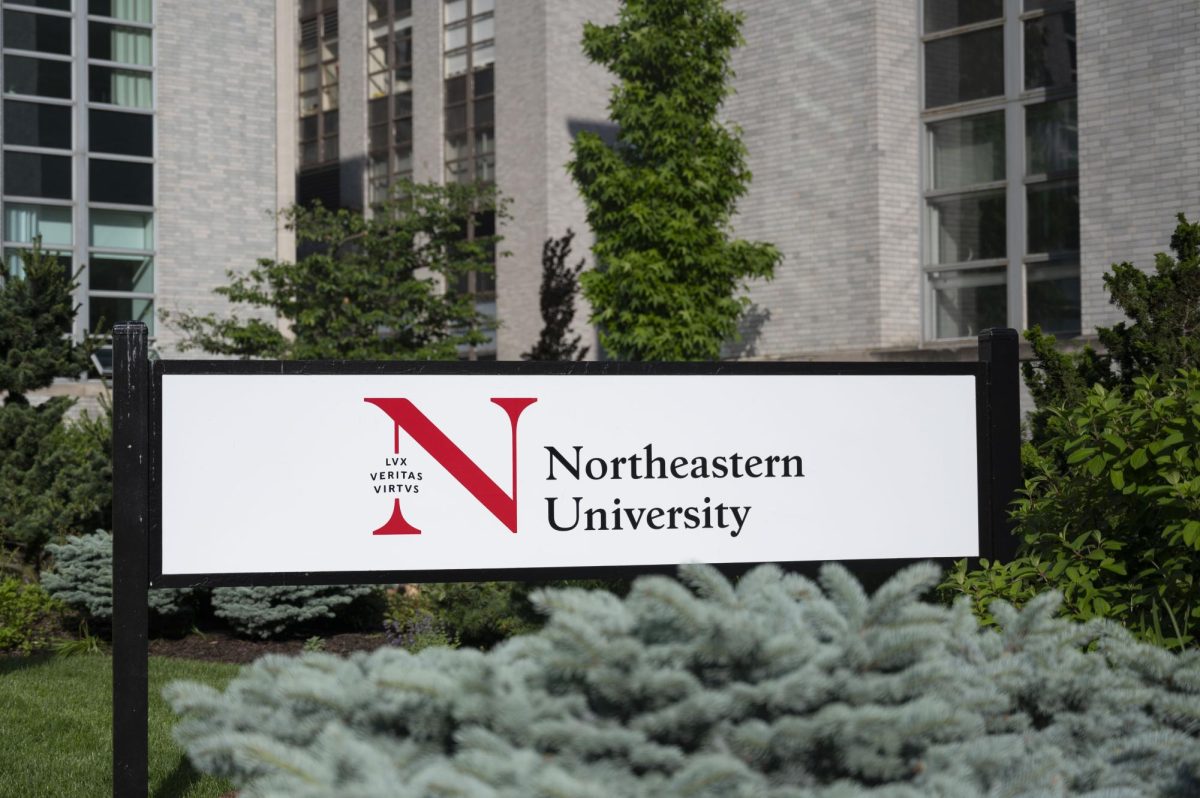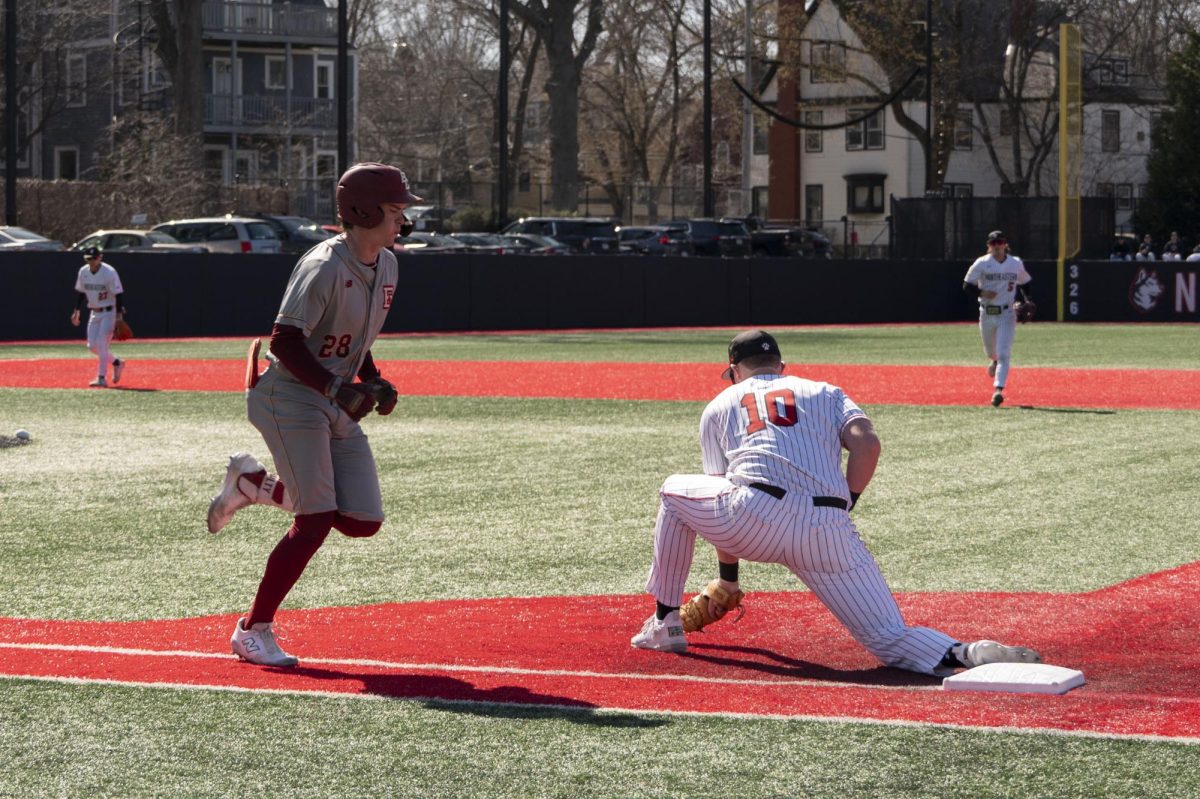Northeastern holds day of reflection, shows support for Black community
June 8, 2020
In light of recent protests against racism and police brutality that have erupted throughout the nation, Northeastern declared Monday a “Day for Reflection, Engagement and Action.”
President Joseph E. Aoun suspended classes, closed offices and created multiple opportunities for faculty and students to virtually gather, grieve and honor the Black community. Along with speakers throughout the day, the university showcased the work of Black artists on Instagram and presented the documentary film “Murder in Mobile” on Facebook Live, which unveils a hate crime investigation by a Northeastern law student.
“No more business-as-usual,” Judge Margaret Burnham, law professor and director of Northeastern’s Civil Rights and Restorative Justice Project, said in the Northeastern Facebook Live discussion. “… We need a new paradigm. We need a new conversation. We need a different conversation. And we need to jumpstart all of that.”
The day began with an 11 a.m. online vigil, which featured speeches by students and staff, including Aoun, in remembrance of the Black lives lost to racism. The event was hosted by Robert Jose, associate dean for cultural, residential and spiritual life at Northeastern.
“We grieve over the death of Mr. George Floyd,” Jose said during the vigil. “We grieve over the deaths of all who have suffered and died at the hands of injustice. We grieve over police brutality and the systemic structural racism that perpetuates it and supports it.”
Two Northeastern students, fifth-year Maama Amoako and third-year Dylan Gates, spoke about their own experiences as Black students. Amoako, a health sciences student and president of the Northeastern African Student Organization, discussed her doubts about pursuing a career in medicine, given the systemic barriers that face her.
They called for love, understanding and support, especially among their non-Black classmates.
“If we want to start empowering people, we will have to start understanding each other,” said Gates, a computer engineering and computer science major, during the vigil.
Ted Landsmark, director of the Kitty and Michael Dukakis Center for Urban and Regional Policy, also spoke on his first-hand experiences with racism as well as its infiltration into all aspects of society. He reflected on protesting through the streets of Harlem at a younger age, and now, he said he sees the potential for change as Americans work together to fight for racial justice.
“We are focused on today, and we are focused on the future,” Landsmark said during the vigil. “I can’t march today as I did decades ago, but I know we’ve reached an inflection point in our demonstrations.”
Landsmark said working to mobilize voters and pushing for equitable opportunities for people in all institutions are both part of creating “tangible outcomes we want to achieve.”
Northeastern alumni Willie Bodrick II and Mabel Gonzalez Nunez, along with current third-year economics and mathematics combined major Charles Wallace-Thomas IV, served as panelists in Judge Burnham’s Facebook Live discussion to explore what actions can be taken to move forward as a society. They commented on Boston’s recent strides for a more diverse government, including the appointment of William Gross, the city’s first African American police commissioner, in 2018.
“What is required to flourish … is a commitment not only to restorative justice, but also to fundamental and radical transformation of the systems that were created …” Wallace-Thomas said during the panel. “We must adopt an orientation … [of] anti-resilience, the notion that we should not be adapting society to mitigate the effects of an increasingly unstable world, but transforming the structure of society and changing the culture that perpetuates it.”
The idea of anti-resilience, he said, was developed by Northeastern law professor Shalanda Helen Baker and was detailed in her paper, titled “Anti-Resilience: A Roadmap for Transformational Justice.”
During the vigil, Jose also dedicated a moment of silence lasting for eight minutes and 46 seconds — the amount of time former Minneapolis police officer Derek Chauvin had his knee on Floyd’s neck. The screen displayed a slideshow of countless names of Black Americans whose death was a result of racism, including Floyd, Breonna Taylor, Ahmaud Arbery, Alton Sterling and Botham Jean.
“The fact is that racism is the knee on the neck of America’s soul,” Aoun said during the vigil.
Last week, Aoun received criticism for his statement “Campuses Can Close, Minds Cannot,” which some students said lacked emphasis on ending racism within the Northeastern community and failed to mention a clear plan to do so. Following this statement, Northeastern student Tricia Coleman created a petition calling upon the university to make donations to organizations that help the Black community. Soon after, Aoun issued a follow-up statement “The Fierce Urgency of Now,” inspired by the words of Dr. Martin Luther King Jr., in an attempt to address these demands for change. This vigil is the beginning of this change.
During the vigil, Aoun focused his message around his inability to experience the lives of Black Americans, but demonstrated his support for the movement.
“I cannot pretend to feel the pain that you feel,” Aoun said during the vigil, addressing the Black community. “I cannot pretend to feel the pain that George Floyd felt. I have not walked in George Floyd’s shoes. I have not lived in your skin. What I can do is acknowledge your pain, seek to understand it and honor it. And in honoring the pain, let me say on behalf of the Northeastern community: Black lives matter.”







